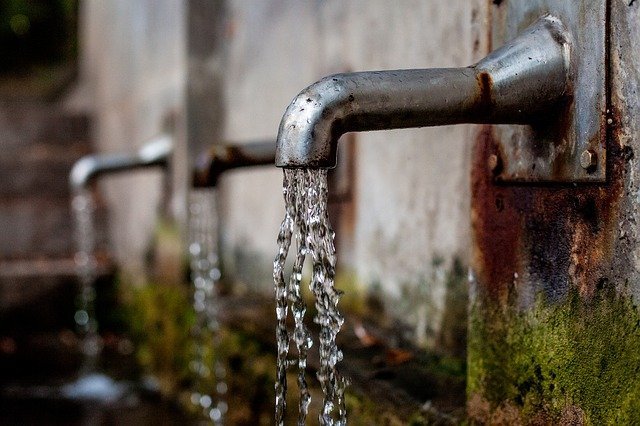Inside BENEO’s new pulse plant: pioneering sustainable protein from faba beans
The scientists analysed environmental and social risk factors for contracting the virus in Delhi. They examined mosquito larval prevalence in 18 areas within the city and measured dengue antibodies in 2,107 individuals, including the socio-economic aspects across neighbourhoods
An estimated 3.5 billion people across the world were at risk of dengue, which is spreading increasingly with increasing rates of urbanisation.
According to a study, tap water access in densely populated areas of Delhi is strongly related to dengue contraction. This may result in new strategies to control the transmission of the deadly virus in urban areas.
Scientists, including Vikram Kumar from National Institute of Malaria Research in Delhi, stated that the dengue virus is amongst an increasing number of mosquito-borne pathogens across the globe that have adapted to spread in cities.
As per a study published in the journal PLOS Neglected Tropical Diseases, the scientists analysed environmental and social risk factors for contracting the virus in Delhi. They examined mosquito larval prevalence in 18 areas within the city and measured dengue antibodies in 2,107 individuals, including the socio-economic aspects across neighbourhoods.
The scientists said that of the people surveyed, 7.6% of them were positive for dengue virus antibodies, indicating recent or current infection. As per the research, settlements with very poor access to tap water (with less than 61% of houses having access), were associated with a higher risk of exposure to the virus.
According to the analysis, these were the only types of areas to register dengue cases between epidemics.
The scientists, however, said that despite relatively low mosquito densities in wealthy colonies, they might have an even higher risk of recent infection than intermediary colonies. They believe this may likely be due to the import of dengue virus by commuters entering the high-income areas during the day.
The scientists cited the limitations of the study, adding that the classifications in the research based on wealth indicators were subjective to an extent. However, they said it does offer at least some quantitative indication of socio-economic status.
Ashwin Bhadri, CEO of Equinox Labs, says, “Inadequate management of urban, agricultural and industrial wastewater means the drinking-water of millions of people is dangerously polluted or chemically contaminated. Polluted water and poor sanitation are associated with the transmission of diseases such as typhoid, diarrhoea, cholera, hepatitis A, dysentery and polio. Adding dengue to this list is frightening, to say the least.”
Bhadri continues, “Monitoring water quality is an important part of helping us determine whether or not we are making progress in cleaning up our waterways. There are many processes that take place before drinking water reaches the faucet and testing them all (from the watershed to the distribution system) is highly imperative.”

